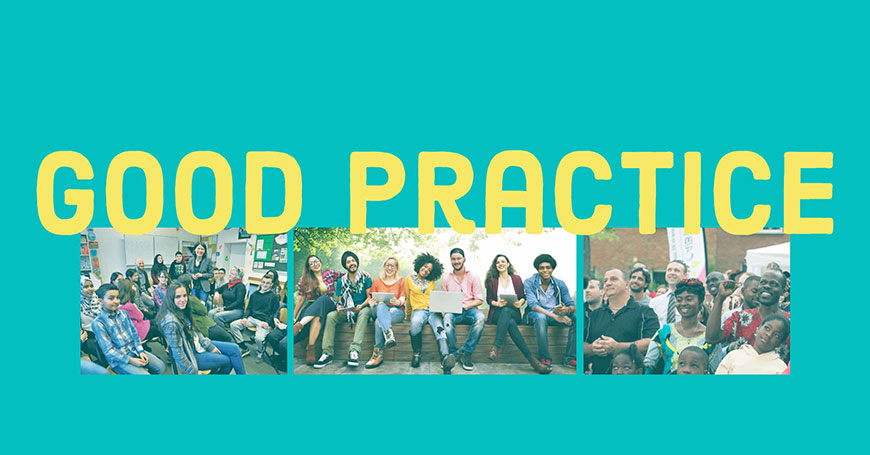Intercultural cities: good practice examples

The first step is the adoption (and implementation) of strategies that facilitate positive intercultural encounters and exchanges, and promote equal and active participation of residents and communities in the development of the city, thus responding to the needs of a diverse population. The Intercultural integration policy model is based on extensive research evidence, on a range of international legal instruments, and on the collective input of the cities member of the Intercultural Cities programme that share their good practice examples on how to better manage diversity, address possible conflicts, and benefit from the diversity advantage.
This section offers examples of intercultural approaches that facilitate the development and implementation of intercultural strategies.
Local Forum for religious diversity
Since 2012, the Local forum for religious diversity promotes the exercise of freedom of conscience and religion in a context of citizens’ coexistence in diversity and in human rights’ promotion....
Small Theater – Great Place for Inspiration
Purpose: The “small theatre -a great place for inspiration” improves community engagement through arts and culture as well as leisure and heritage. Process: The social and cultural atmosphere...
Anissa programme
Purpose: The Annisa programme is a project focused on the participation and interaction of Pakistani communities and the Besós neighbourhood in the district of Sant Martí. The programme is funded...


